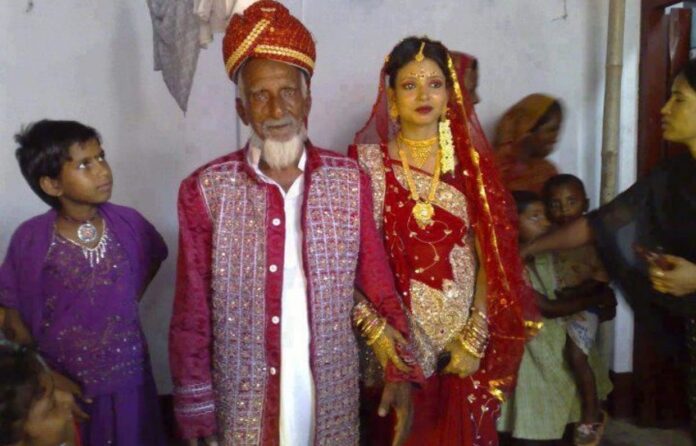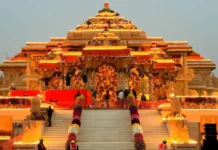Globally, marriage signifies the union of two families, with various types observed across cultures. Diverse traditions and practices thrive, each reflecting the unique beliefs and values of different communities. Some of these customs may appear intricate to outsiders, serving purposes like expanding control in certain traditions. The Mandi tribe in Bangladesh has recently sparked internet shock with their reported practice of men marrying their daughters.

This tradition raises concerns about harmful practices. And prompts a discussion on the delicate balance between preserving cultural heritage and addressing issues.
Situated in the remote regions of Bangladesh, the Mandi tribe is one of many indigenous communities. With a distinctive cultural identity shaped by language, customs, and social structures. Within this community, a prevalent practice involves fathers marrying their daughters as they reach maturity.
The Mandi tribe tradition
According to reports, when a woman becomes widowed. Another man from the community steps forward to marry her, treating her children as his own. However, if the widowed woman has a daughter, the same man will marry her once she reaches a certain age. Initially referred to as a stepfather, the man becomes both the stepfather and husband of the girl. Only after this union will other men in the community consider marrying the widowed woman.

This tradition does not involve a biological father marrying his biological daughter. Instead, it typically centres around a stepfather marrying his stepdaughter. Members of this community justify the practice by emphasising that the man provides facilities not only to the widow but also to her daughter.
Meet the victim of Mandi Tribe
Expressing her perspective on this tradition, Orola, a girl from the same community, disclosed that when her biological father passed away, her mother married another man. She initially referred to him as her father but eventually, as she grew older, was compelled to marry him.

Orola Dalbot, 30, was compelled to wed her father upon reaching the age of 15. She currently has three children with her father. All of the village’s females her age suffer from this.
During Orola’s early childhood, her father passed away, leading her mother to marry her stepfather, Noten. When Orola reached the age of 15, she was compelled to marry her stepfather. To her surprise, she learned that she and her mother had jointly entered into matrimony with the same man in a combined ceremony when Orola was just 3 years old. This practice was customary in the matrilineal Mandi tribe.

“When I found out, I wanted to run,” Orola adds. But her 51-year-old mother Mittamoni advised her to accept it.
Following the demise of my father when my mother was only 25, Orola reflects, “She wasn’t prepared to be single,” adorned in a vibrant blue pashmina. The tribe offered the 17-year-old Noten the chance to marry Mittamoni, but with the condition that he also marry Orola.

“I was too young to remember the wedding—I had no awareness that it took place,” asserts Orola. Discovering that she had to share her mother’s spouse, who had already fathered two children with her, left her devastated. She desires to have a spouse of her own.
Bangladeshi Traditions
Despite widespread belief that the mother-daughter marriage tradition had faded in recent years, it appears that numerous households still adhere to this uncommon practice among the Mandi tribe. Approximately 90% of the tribe’s 25,000 Bangladeshi members have embraced Christianity due to Catholic missionaries, leading to a disapproval of many once-accepted Mandi customs.

One such frowned-upon practice is “groom kidnapping,” where Mandi women abduct prospective spouses. While official statistics are unavailable, a local leader asserts that a significant number of households continue with the mother-daughter ritual. Shulekha Mrong, the leader of Achik Michik, a notable women’s organisation led by female elders from the Mandi community, explains that people refrain from discussing it due to the church discouraging the practice of having multiple wives.
Read more: Is Tripti Dimri a new national Crush? People are Drooling over Her











